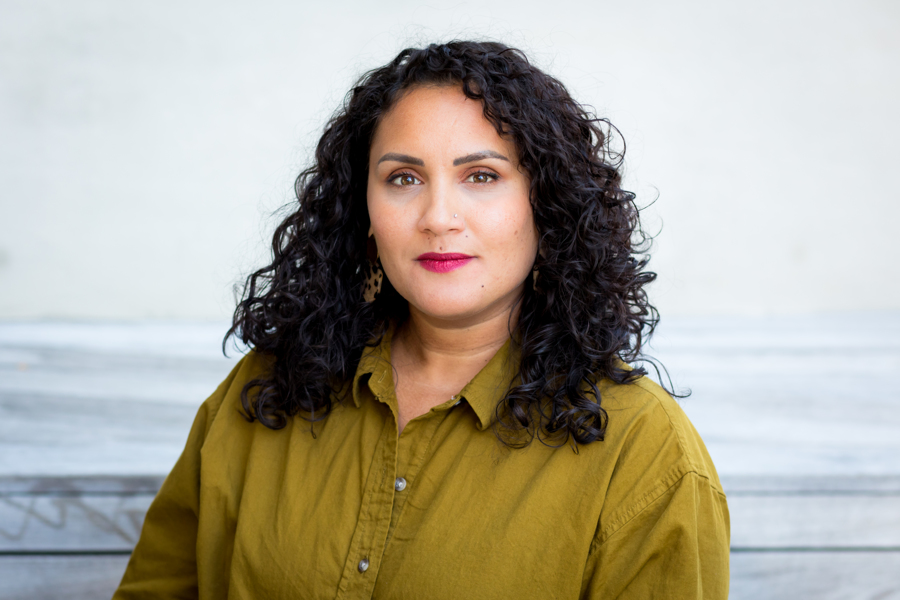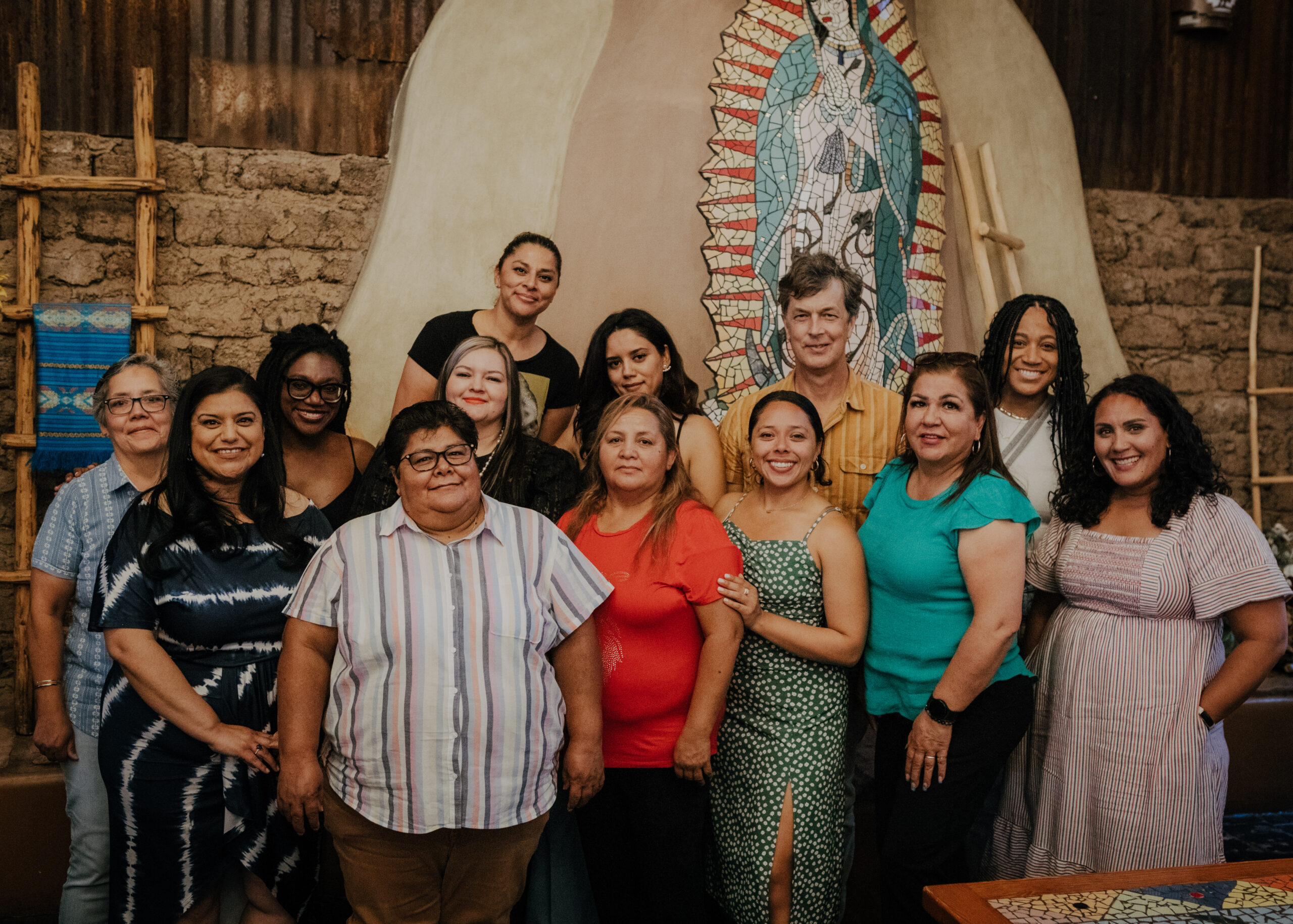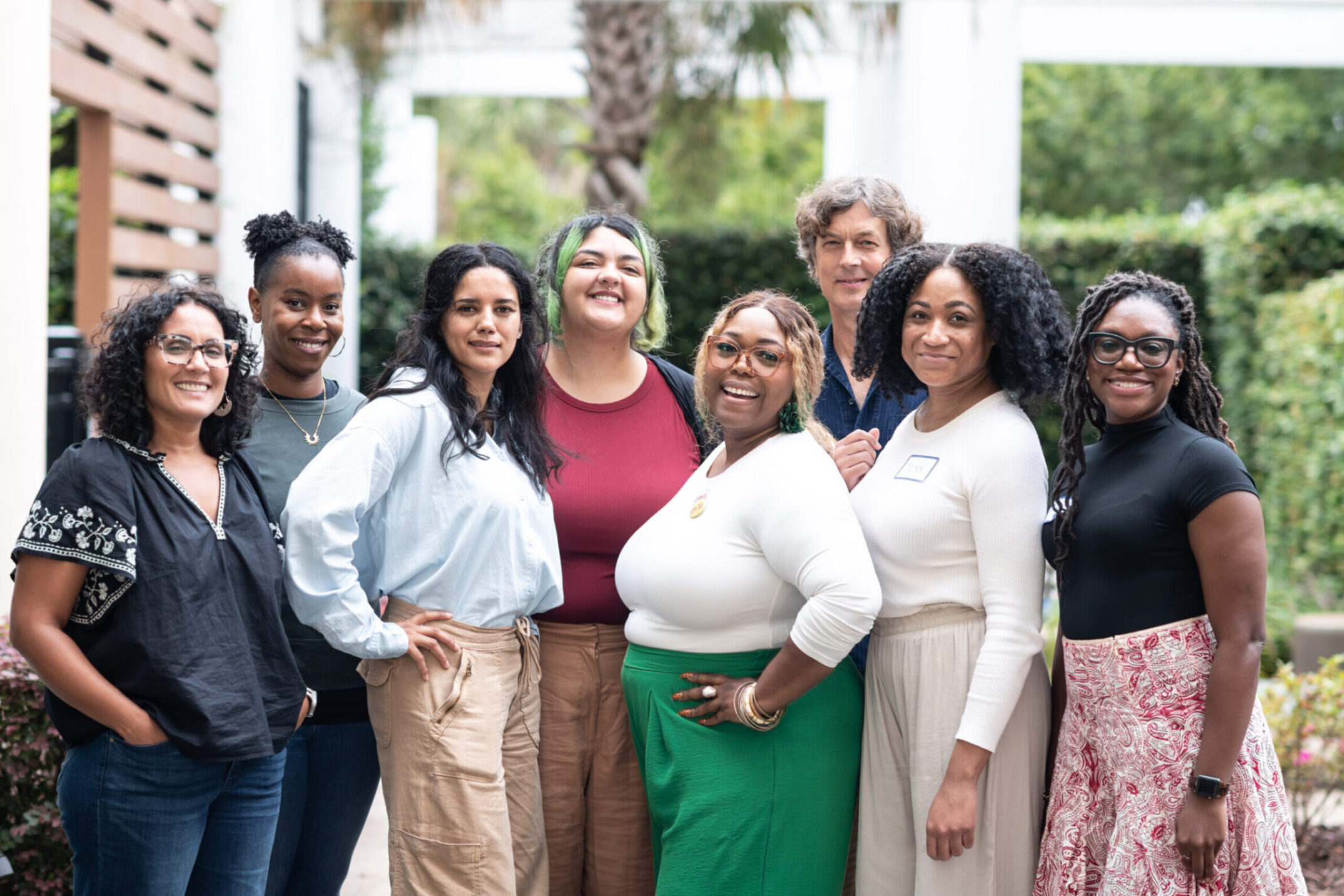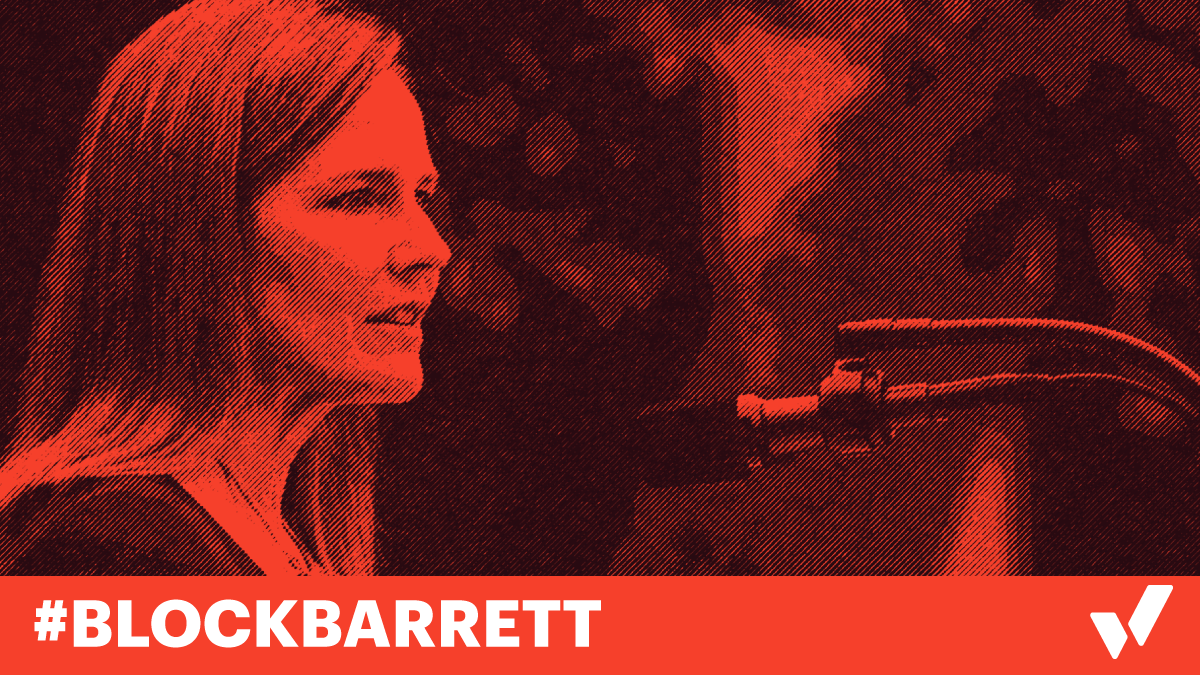Abortion rights, women of color, and LGBTQIA+ people are under attack. Pledge to join us in fighting for gender justice.
Power From the Ground Up: Why National Advocacy Must Start With State and Community Voices

“If you’re going to distribute funds to a community, it’s important to have community members that have experience and share their story. [That’s] where the process should start.”
That’s what one of our Community Impact Fund Advisory Committee members told us, and it cuts to the heart of what we’ve learnt this year: real change begins with the voices of those most impacted.
In June 2023, NWLC launched two distinct but connected pilot initiatives to enable the Center to build deep relationships with state organizations, and communities who are directly impacted by the policies we advocate around. One of the initiatives, Sparking Change, focuses on storytelling, narrative change, and leadership development. The other, the Community Impact Fund (CIF), uses a community-led or “participatory” grantmaking model to subgrant funds to grassroots- and coalition-building efforts in states. Both initiatives enable us as a national organization to hear from and respond in real time to state and local partner needs, to be in ongoing relationship with directly impacted individuals or “people with lived expertise,” and to build and nurture future leaders for the gender justice movement.
We are excited to release our first-year impact reports for Sparking Change and the Community Impact Fund, highlighting some of the early and significant outcomes of these initiatives. As we share these reports, we recognize the backdrop of political instability and the uncertain path ahead for our movements. It feels even more imperative given this, that we underscore that community and state organizations are essential drivers of lasting change. We are hopeful that these impact reports show what’s possible when national and local organizations build real partnerships—creating the kind of strength that endures through any political climate.
More Than Storytelling: Building a Community of Changemakers
As you review the Sparking Change impact report we encourage you to consider that:
- Relationships matter deeply for shifting harmful and dominant narratives. Trust is essential for people to consider alternative narratives especially those that challenge an existing world view. Social movements that successfully shift narratives often build power through networks of relationships and communities—think of how civil rights movements spread through churches, unions, and community organizations. Storytellers shift their own and others’ mental models around why children and families are struggling in this country. They create new narratives around what is needed so that all children and families can thrive, but particularly Black, Brown, and immigrant communities who have been systemically marginalized.
- Meaningful engagement with people who have lived expertise requires sustained commitment—of time, energy, resources, and institutional support. This deep investment is essential for creating trauma-informed spaces and avoiding extractive or tokenizing relationships.
- Never expect to be an expert in engaging people with lived expertise—every storyteller we work with has unique, and intersectional lived experience despite sharing similar demographic characteristics with their cohort. Therefore, organizations with institutional resources and staff with different forms of privilege must center humility, honesty, and accountability, and create pathways for frequent, open, and reciprocal feedback.
“I am a lot more confident in my abilities to make an impact because I’ve been encouraged, yes, by my sisters.” — Raynique, Sparking Change storyteller
Those Closest to the Challenges Are Closest to the Solutions
As you review the Community Impact Fund report we hope you will consider that:
- National organizations can make progress on their internal strategic priorities and have significant impact when they collaborate with values-aligned local and state organizations to determine where resources are allocated. When state and local communities are decision-makers, national organizations benefit from local expertise and context related to what will most likely work in a specific community; resources tend to be used more effectively since solutions are grounded in lived expertise or local knowledge; there is often stronger accountability because decision-makers are from the same communities; and important infrastructure and community capacity is built by way of creating opportunities for local leaders to manage and allocate resources.
As we release our first-year impact reports, we’re seeing evidence that our approach is working. But more importantly, we’re seeing a model for change that can weather any political climate. Because while policies may shift in Washington, the power built in communities—through relationships, through trust, through local leadership—endures.
This is just the beginning. We invite you to review our full impact reports and join us in reimagining what’s possible when we trust in the wisdom of communities. We welcome your comments, questions, or requests to learn more about this work. The community partnerships team can be reached by emailing Toni Francis-Bowie, Director of Community Partnerships at [email protected].







